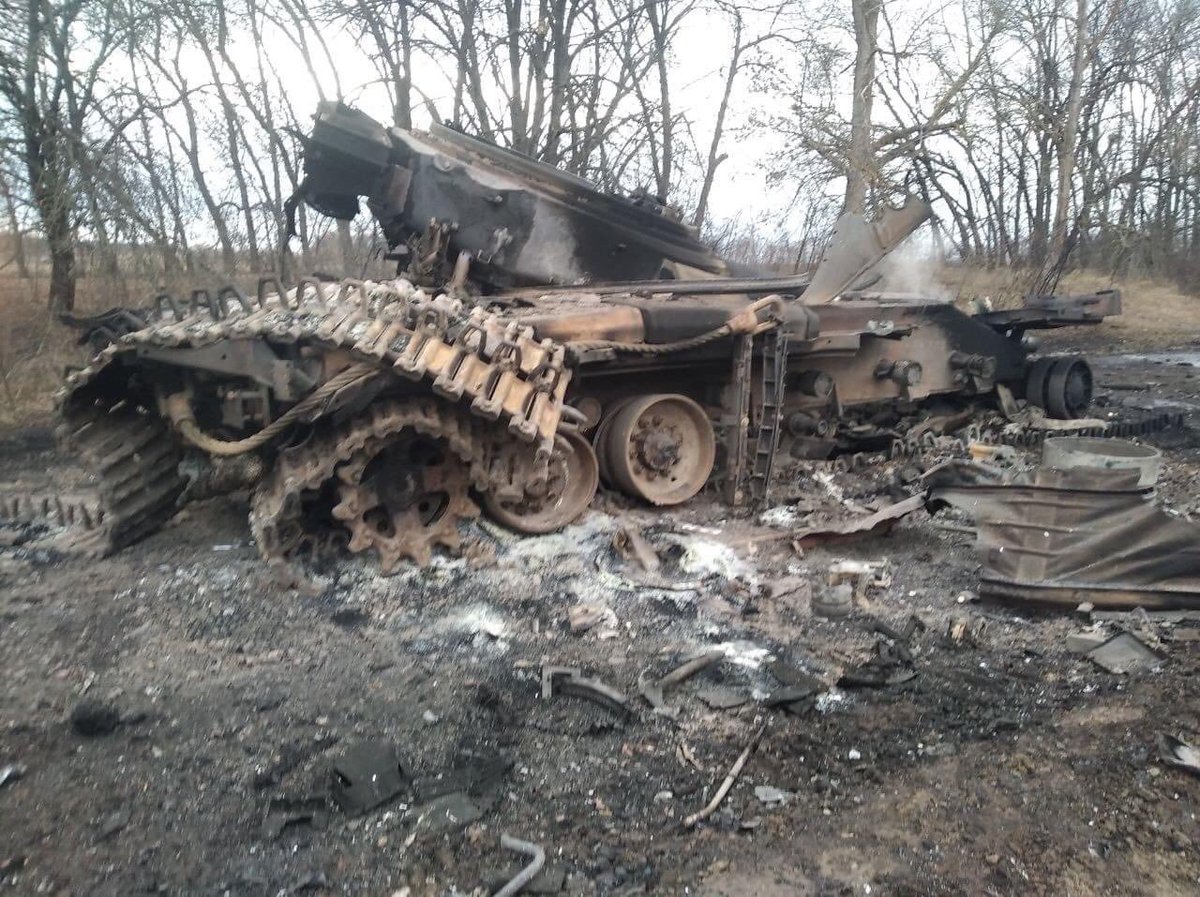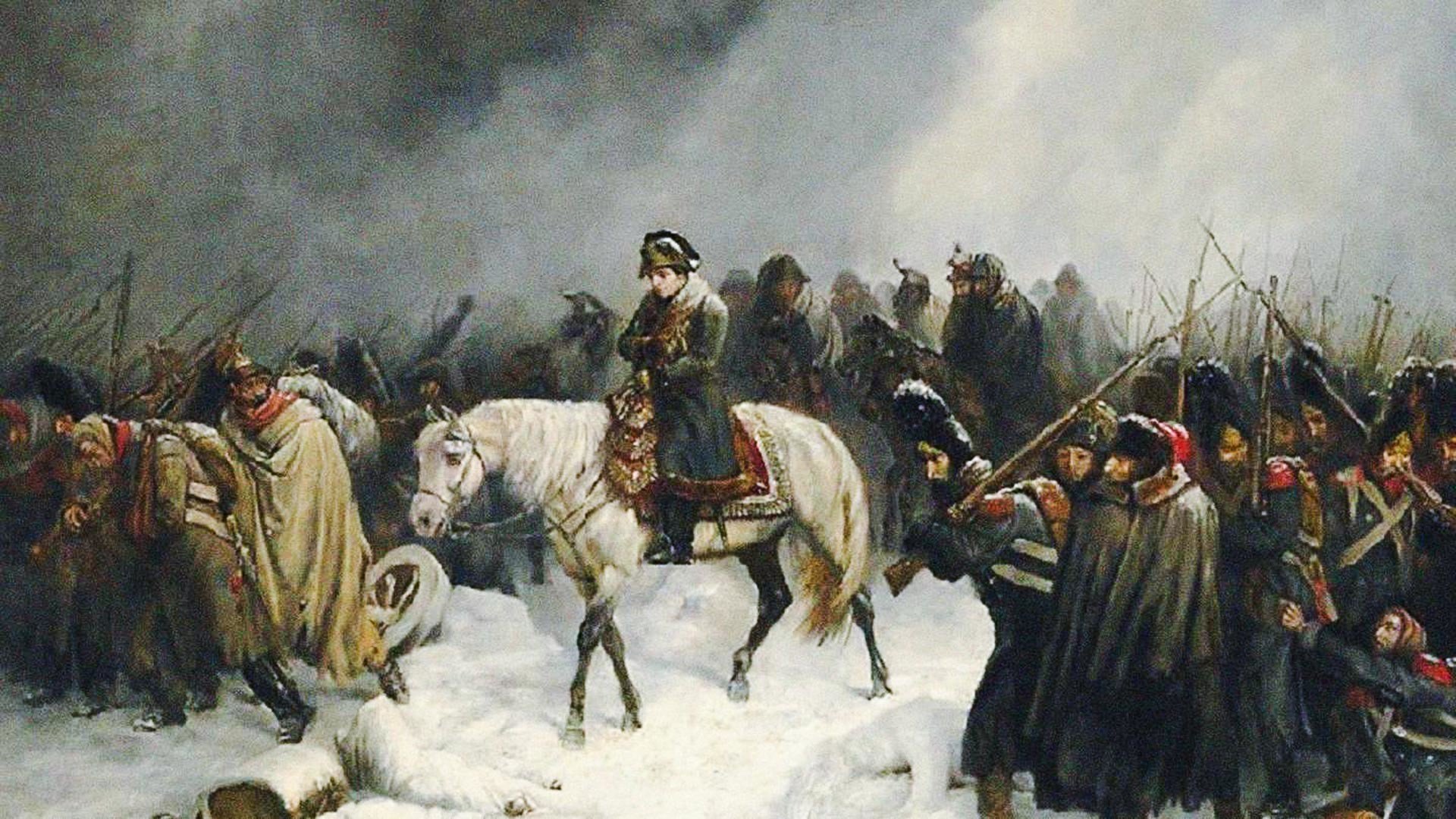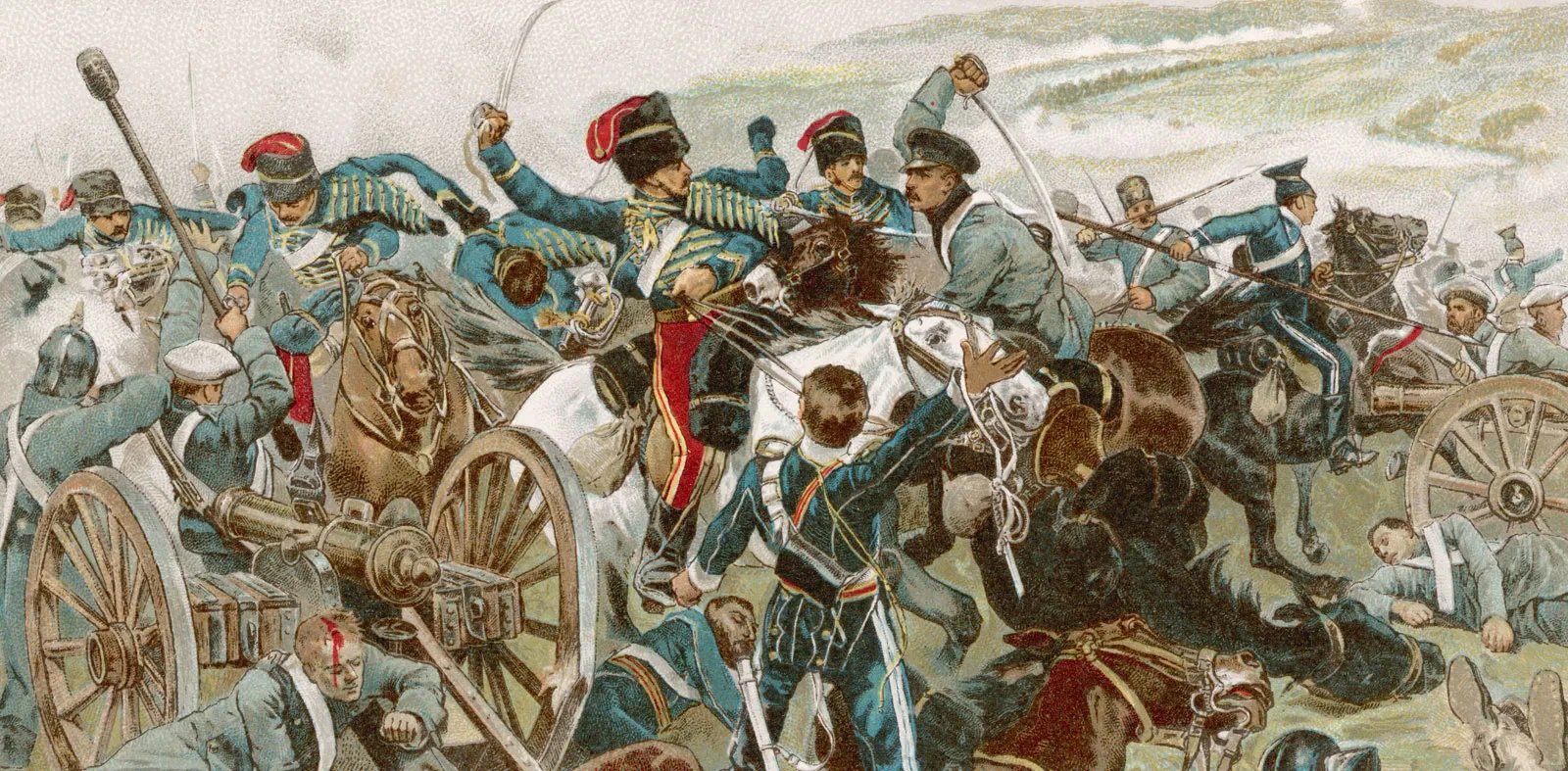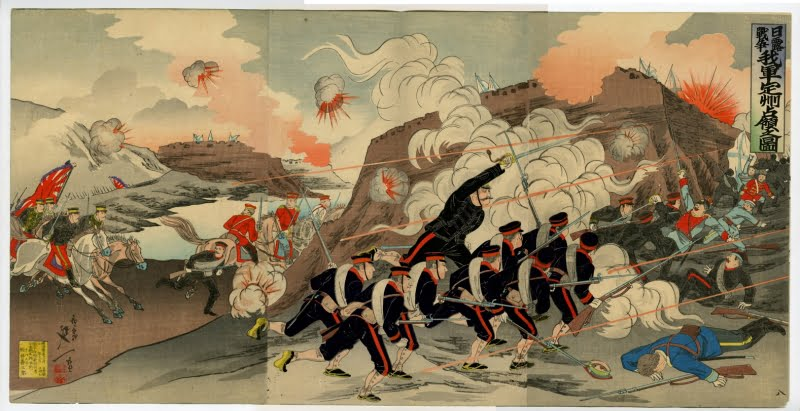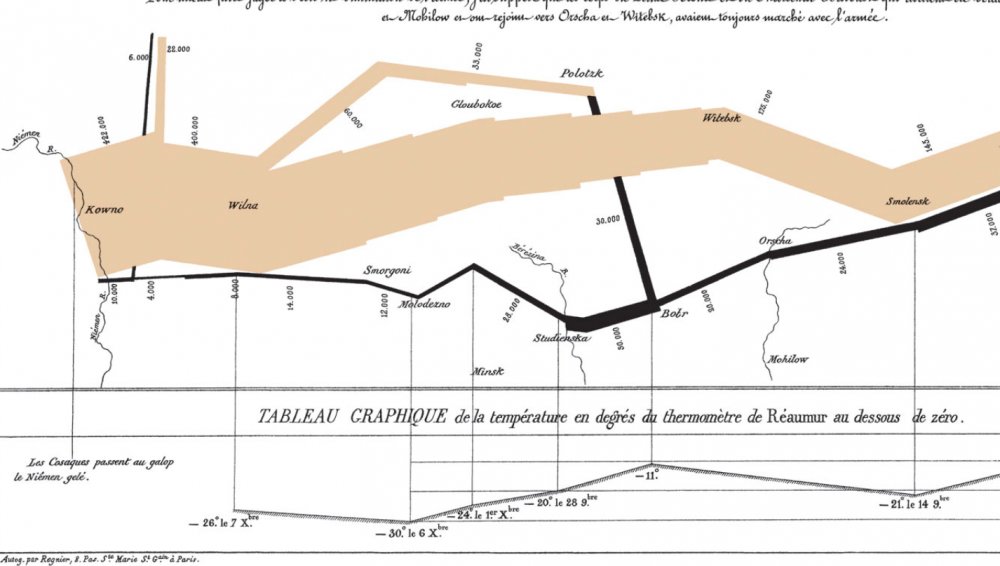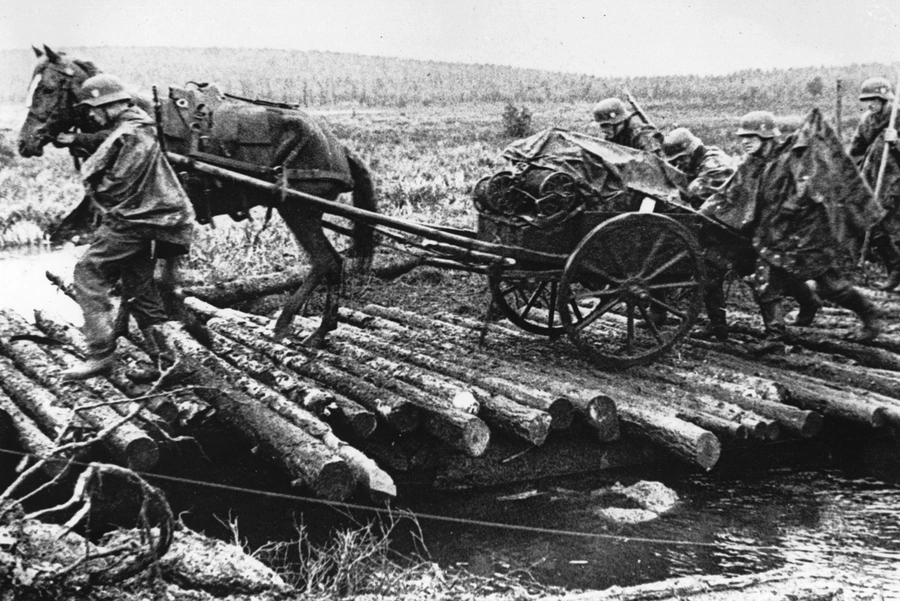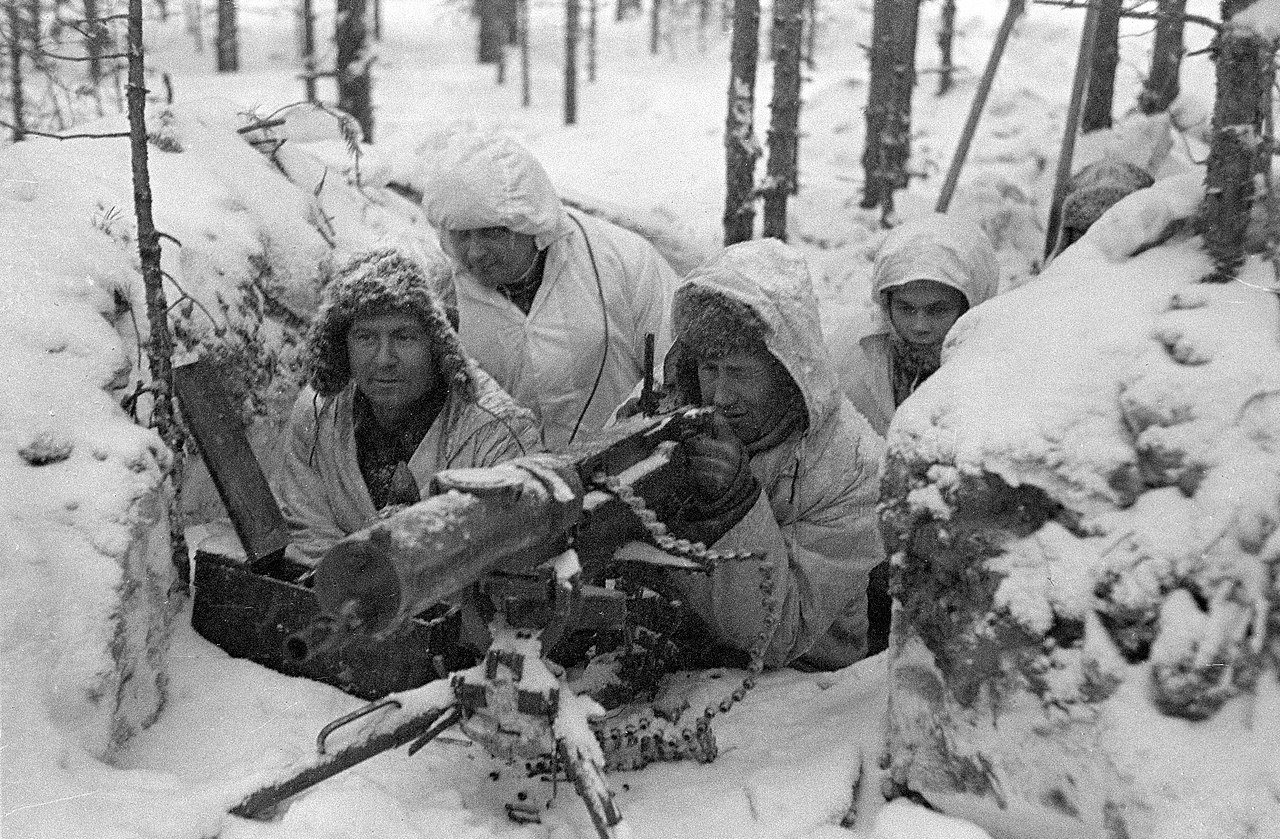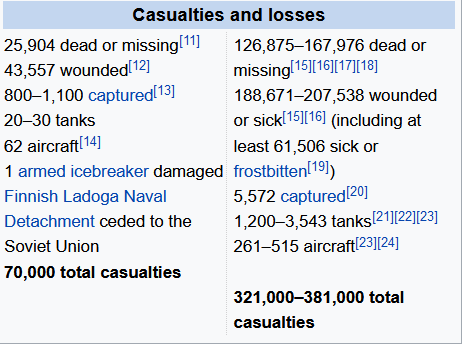Thread
Many are surprised by the poor performance of Russia's military in Ukraine.
But let's be honest: when it comes to fighting wars, Russia has always -- to use the formal term -- "stunk".
[THREAD]
But let's be honest: when it comes to fighting wars, Russia has always -- to use the formal term -- "stunk".
[THREAD]
By "stunk", I'm not just referring to losing wars. I'm referring to how efficiently Russia's military achieves its objectives.
www.amazon.com/Military-Effectiveness-Paperback/dp/0521737516
www.amazon.com/Military-Effectiveness-Paperback/dp/0521737516
But wins and loses are a useful starting metric.
www.amazon.com/Win-Lose-Draw-Domestic-Politics/dp/0472106821
www.amazon.com/Win-Lose-Draw-Domestic-Politics/dp/0472106821
Admittedly, Russia/Soviet Union has some historically significant victories.
These include against Napoleon ...
These include against Napoleon ...
And even the notable victories have to been taken with a HUGE grain of salt regarding Russian military prowess.
Napoleon's "Grande Armee" wasn't all that "grand" by the time it actually reached Russia. That's really the lesson to draw from Minard's famous graph of Napoleon's march: by the time the army reach Smolensk it as down to 145k from 420k.
than a Panzer tank (see @adam_tooze)
www.amazon.com/dp/B008DR6YXO/ref=dp-kindle-redirect?_encoding=UTF8&btkr=1
www.amazon.com/dp/B008DR6YXO/ref=dp-kindle-redirect?_encoding=UTF8&btkr=1
In that case, Russia/USSR "won", but by incurring heavily losses in personnel (left column is Finland's losses; right column is Russia's).
Or go back to the wars in Chechnya. Though Russia inflicted massive damage...
www.nytimes.com/2005/08/16/world/europe/chechen-official-puts-death-toll-for-2-wars-at-up-to-160000.h...
www.nytimes.com/2005/08/16/world/europe/chechen-official-puts-death-toll-for-2-wars-at-up-to-160000.h...
Stated differently, Russia has little regard for the "loss exchange ratio": how many forces you lose/how many forces your opponent loses.
www.tandfonline.com/doi/abs/10.1080/03050629.2017.1273914
www.tandfonline.com/doi/abs/10.1080/03050629.2017.1273914
Using data on battlefield losses during "inter-state wars", this graph shows the percentage of wars in which the listed country had the most battlefield deaths of all the participants. The take away should be clear.
The Russian military essentially uses an "attrition model": keep take losses until the other side quits, is destroyed, or, if the fighting goes long enough, Russia itself decides to stop fighting.
Unfortunately, if the plan is to wait for Russia to stop fighting, then you could be waiting a long time.
No need for outstanding strategic planning under this model.
And if your military doctrine is based on an attrition model, then you can get away with coup-proofing the military (e.g. removing highly competent officers from positions of power). See @ProfTalmadge's book.
www.amazon.com/dp/B013G4LGL8/ref=dp-kindle-redirect?_encoding=UTF8&btkr=1
www.amazon.com/dp/B013G4LGL8/ref=dp-kindle-redirect?_encoding=UTF8&btkr=1
This could help explain Russia's history of non-coups by the military (despite opportunities). See @bdtaylor_SU's excellent book.
www.amazon.com/Politics-Russian-Army-Civil-Military-Relations/dp/0521016940
www.amazon.com/Politics-Russian-Army-Civil-Military-Relations/dp/0521016940
All of the above, should put into context the heavy losses Russian forces are incurring in the current war.
www.washingtonpost.com/world/2022/03/24/russia-troops-casualties-nato-ukraine/
www.washingtonpost.com/world/2022/03/24/russia-troops-casualties-nato-ukraine/
In short, how Russia's forces are performing in Ukraine is consistent with Russia's historical strategy in war fighting: take heavily losses and hope the other side quits.
[END]
[END]
Addendum 1: In an earlier thread, @RisaBrooks12 stated well why Russia can still win despite the inefficiencies evident in its "attrition model".
Addendum 2: The casualty-accepting model of Russian war fighting might reflect a general divergence between how democracies and non-democracies fight wars.
www.amazon.com/dp/B005646EZU/ref=dp-kindle-redirect?_encoding=UTF8&btkr=1
www.amazon.com/dp/B005646EZU/ref=dp-kindle-redirect?_encoding=UTF8&btkr=1
Mentions
See All
Derek Thompson @DerekThompson
·
Mar 26, 2022
Great thread on history of Russian warfare. TLDR: For all the shocking ineptitude of the Russian offensive, it has for more than 100 years honed a low-efficiency, high volume strategy: pour it on thick, take heavily losses, and hope the other side quits first.
